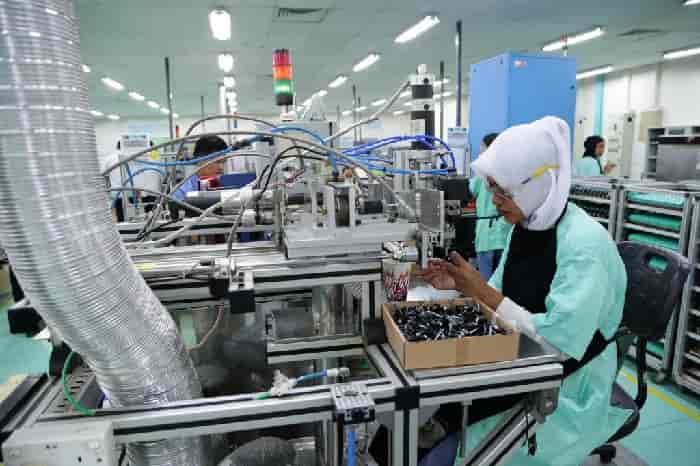Developing Countries Industry 4.0 - Arhive
Jakarta. Developing countries must step up efforts and implement better strategies to prepare for the impact of increased automation and the implementation of smart technologies in Industry 4.0, a technology expert said on Friday (26/01).
Industry 4.0, or the Fourth Industrial Revolution, involves the use of advanced technologies, including cloud computing, cognitive computing and the Internet of Things (IoT), which will transform people’s personal and professional lives.
Many parts of the developing world currently do not possess adequate manufacturing capacity and rely on cheap labor to attract foreign investment.
However, the emergence of Industry 4.0 has led to many companies moving their manufacturing facilities from developing countries and bringing it back to their own countries. Developing Countries Industry 4.0
“What this is going to mean, is that many of these emerging nations, which are already struggling with manufacturing and relying heavily on outsourced works, are going to fall even further behind,” Krishnamurthy Ramanathan, a former director of the Asian and Pacific Center for Transfer of Technology (APCTT), said during a panel discussion in Jakarta.Developing Countries Industry 4.0
As countries with powerful manufacturing capabilities, such as China, become more powerful, developing countries must become more proactive to not be adversely affected by it, Ramanathan added.Developing Countries Industry 4.0
For countries such as Indonesia, the topic is extremely relevant, especially considering that experts have pointed out the archipelago’s unpreparedness to embrace the Fourth Industrial Revolution due to a shortage of skills to compete in the digital age.
Developing nations must therefore consider preparing for the disruptive changes that will likely accompany a full transition to Industry 4.0, to avoid an even worse disequilibrium than what is already becoming a greater challenge in a changing world.
Ramanathan said think-tanks can play an active role in bringing these emerging issues to light as part of an effort to better prepare countries to become useful partners to multinational, advanced companies currently operating across the globe.
The need to become more proactive is even bigger, he added, because many of these countries have responded to the issue in a reactive way.
“Think-tanks should emphasize that … to make policy makers in the region understand that it is important that they address these technological issues effectively,” Ramanathan said.

